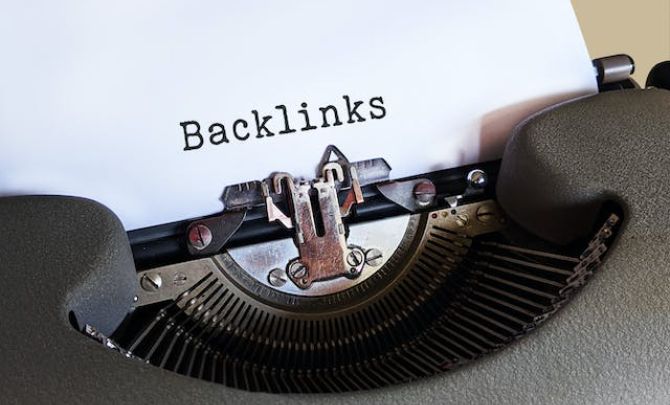PBN links are backlinks that come from a private blog network. They can boost your rankings, but only temporarily. They are usually hidden from Google using different hosting, unique domains, and themes. While these tactics were popular years ago, they are now considered black hat and can cause a penalty from Google. Thankfully, there are several ways to spot these toxic links.
Unnatural
Using PBNs to boost the rankings of a website is a dangerous tactic that can result in significant penalties from search engines. While this tactic may be effective in the short term, it’s not a sustainable way to rank websites. This is one of the reasons why you should avoid PBN links. Also, the people who run PBN networks go to great lengths to hide any footprints that would link the sites together or clue Google into their intentions. They change domain names, hosting providers, themes, and content to make their networks seem unconnected. While PBNs might work for a while, they’re costly investments. They can also be susceptible to manual penalties from Google, which could tank your traffic and earnings in the long run. Moreover, they aren’t as effective as white hat link building. As a result, they’re not worth the risk.
Waste of time
When building a PBN, looking for footprints that search engines could detect is essential. These include duplicate content, the same hosting provider, and similar interlinking patterns. These are all indicators that the website may be a PBN. A PBN can help you rank higher on Google’s first page for specific keywords, but it’s not necessarily the most effective way to boost your SEO. Often, you’ll have better luck with a link-building strategy that uses expired domains with existing authority. In the long run, using a PBN will likely result in a penalty from Google. This will be costly, time-consuming, and frustrating. The best option is a white-hat approach, allowing you to build high-quality backlinks that Google won’t penalize. This will take more effort, but it will also be more sustainable in the long term. It will also be less expensive than repairing a penalty.
Scam
When you link to a website used in a PBN, you’re doing more harm than good. This practice violates Google’s guidelines and can lead to a manual penalty, destroying your rankings. In addition, the websites used in a PBN are often low-quality sites that lack authority and don’t authenticate their content. PBNs also contain duplicate content and can leave footprints, which search engines detect and penalize. In short, they’re a black-hat SEO tactic. If you’re using a PBN, it’s time to reconsider your tactics. Instead, try sustainable, white-hat link-building strategies to grow organic traffic over time. Implementing these tactics can be more difficult, but they’ll ensure long-term results.
Waste of money
One of the main reasons why you should refrain from using PBN links is that they are a waste of money. These black hat link-building tactics are time-consuming and expensive, but they also risk getting caught by Google’s algorithms and incurring a manual penalty. This will effectively ruin all the hard work you have put into building your PBN, and it may take years to recover from such a devastating blow. A private blog network (PBN) is a group of websites owned by the same person or company and used to boost another website’s search engine optimization rankings. Unlike organic links, which come from naturally linking pages on the web, PBN links are built from artificially created domains. They can be used to manipulate rankings in an unethical way. While this practice is against Google’s guidelines, it can still help you rank for some keywords. However, it’s important to note that if you’re not careful, your website may be demoted or deindexed by Google.
